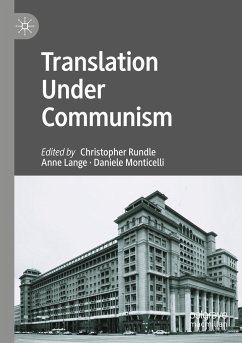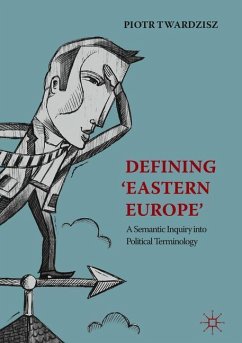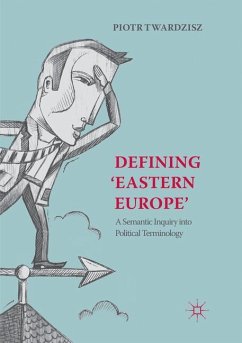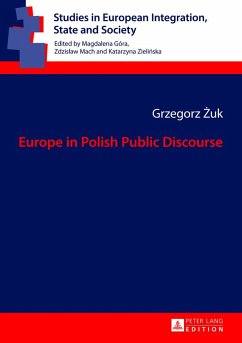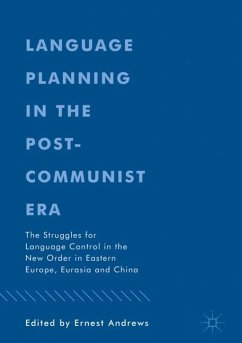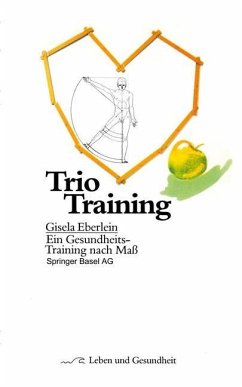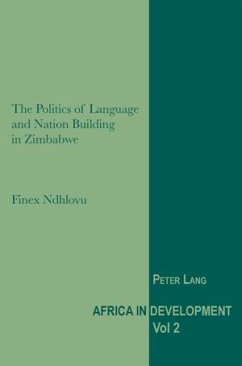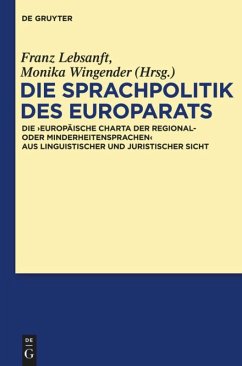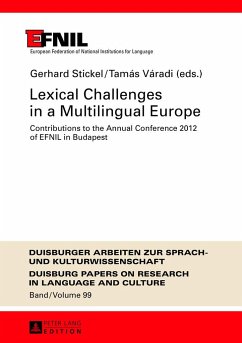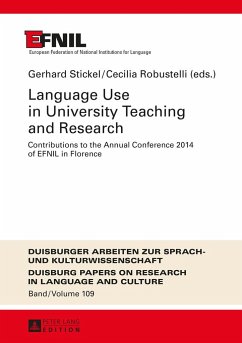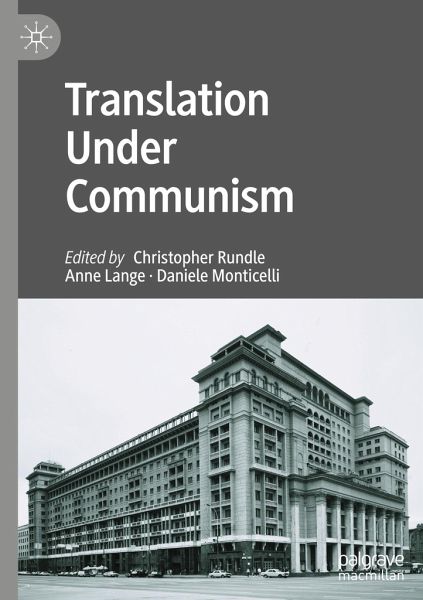
Translation Under Communism

PAYBACK Punkte
65 °P sammeln!
This book examines the history of translation under European communism, bringing together studies on the Soviet Union, including Russia and Ukraine, Yugoslavia, Hungary, East Germany, Czechoslovakia, Bulgaria, and Poland. In any totalitarian regime maintaining control over cultural exchange is strategically important, so studying these regimes from the perspective of translation can provide a unique insight into their history and into the nature of their power. This book is intended as a sister volume to Translation Under Fascism (Palgrave Macmillan, 2010) and adopts a similar approach of usin...
This book examines the history of translation under European communism, bringing together studies on the Soviet Union, including Russia and Ukraine, Yugoslavia, Hungary, East Germany, Czechoslovakia, Bulgaria, and Poland. In any totalitarian regime maintaining control over cultural exchange is strategically important, so studying these regimes from the perspective of translation can provide a unique insight into their history and into the nature of their power. This book is intended as a sister volume to Translation Under Fascism (Palgrave Macmillan, 2010) and adopts a similar approach of using translation as a lens through which to examine history. With a strong interdisciplinary focus, it will appeal to students and scholars of translation studies, translation history, censorship, translation and ideology, and public policy, as well as cultural and literary historians of Eastern Europe, Soviet communism, and the Cold War period.





